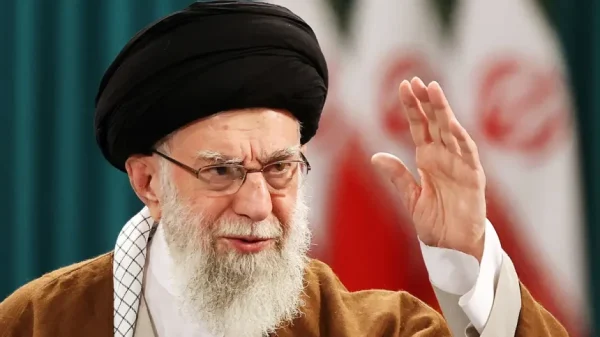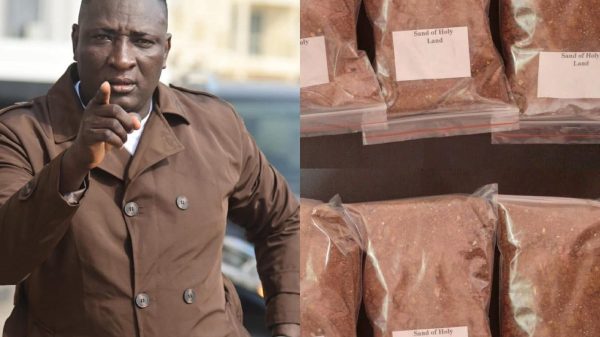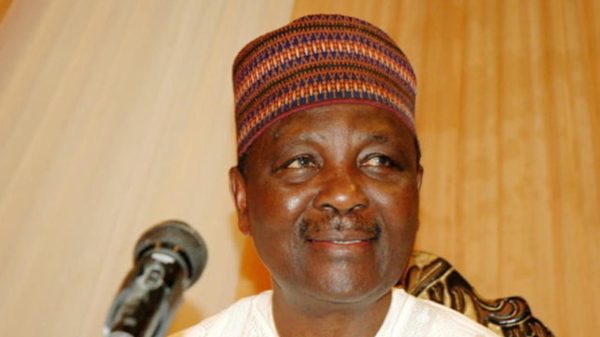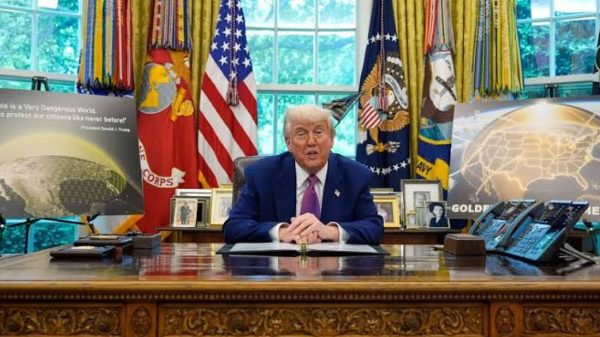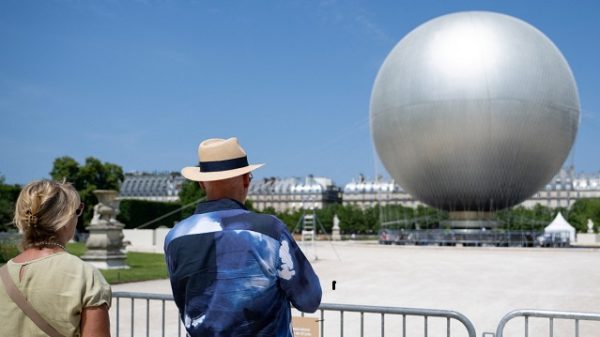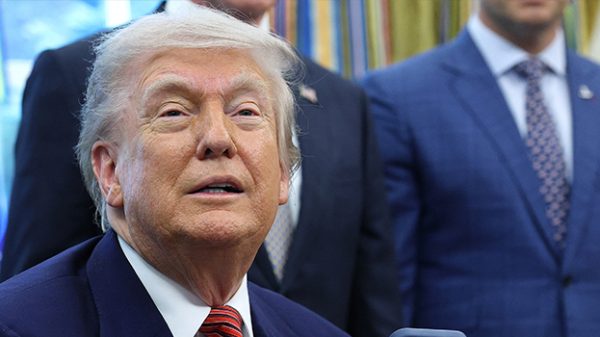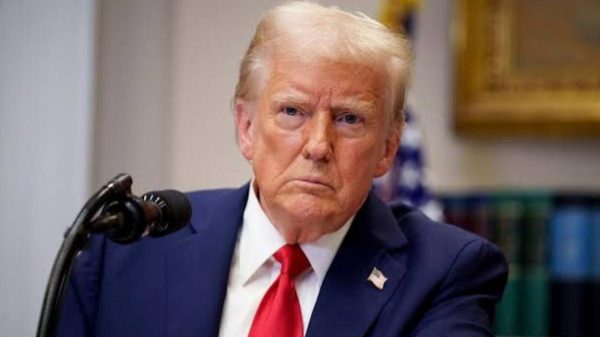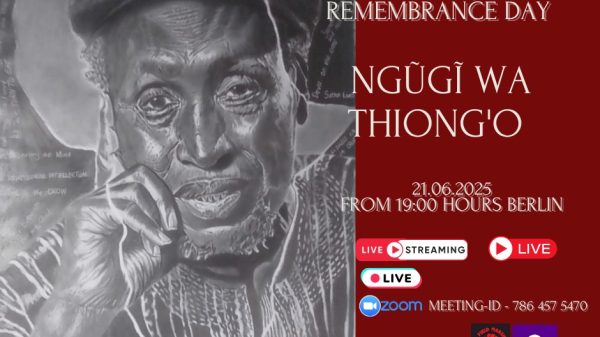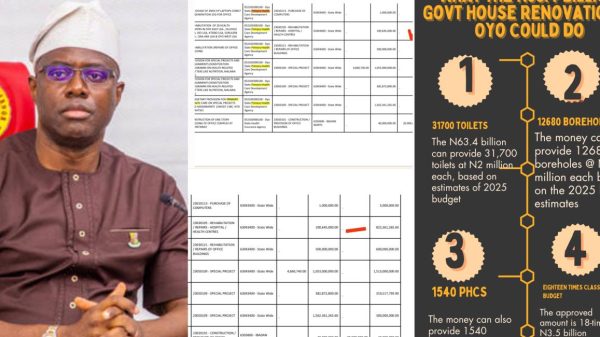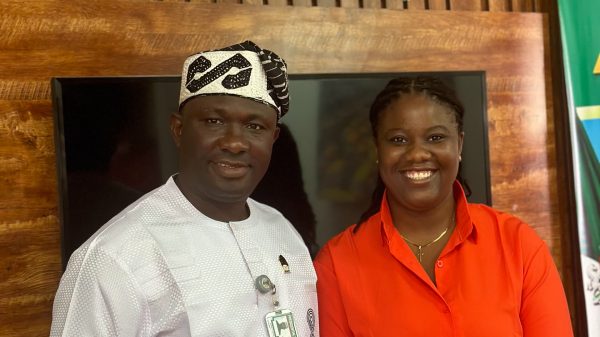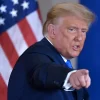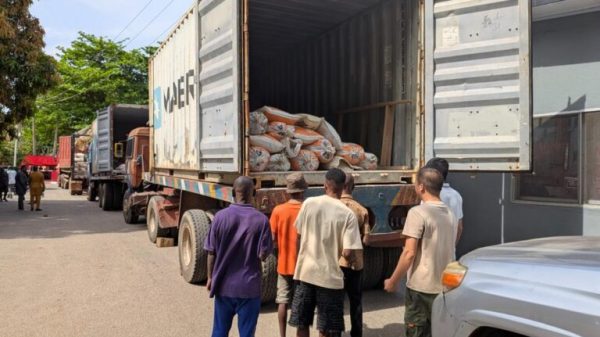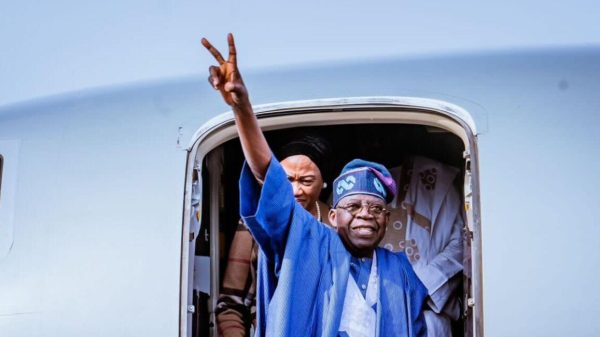The European Union (EU) has reached a historic trade agreement with Mercosur, a bloc comprising Argentina, Brazil, Paraguay, and Uruguay. This milestone, unveiled in Montevideo, aims to strengthen economic ties between the two regions, which together represent 700 million consumers and nearly 20% of global economic output.
European Commission President Ursula von der Leyen described the deal as a “truly historic milestone” amid rising global trade tensions. “It means more jobs and good jobs, more choices, and better prices,” she said during the announcement.
The agreement, if ratified by EU member states, will introduce lower tariffs and simplified customs processes, boosting trade between the two blocs. European exporters, particularly in industries like cars, machinery, chemicals, and pharmaceuticals, stand to benefit significantly. Similarly, South America is poised to increase exports of critical raw materials like lithium and nickel, along with meat and vegetables.
Last year, EU exports to Mercosur totaled nearly $59 billion, while imports from the bloc reached $57 billion. The agreement is particularly advantageous for Europe’s electric vehicle industry, as it simplifies access to essential minerals needed for battery production.
Negotiations for this agreement began in 2000, but a 2019 attempt failed to gain unanimous support from EU member states. Concerns over environmental issues, including deforestation and sustainable farming practices, were major sticking points.
While the European Commission oversees trade negotiations, France, Italy, and Poland have expressed reservations about the current deal. French trade minister Sophie Primas stated, “What is happening in Montevideo is not a signing of the agreement but simply the political conclusion of the negotiation. This does not bind the member states.” She vowed that France would continue to fight for stricter environmental and trade standards.
The deal is expected to bolster Germany’s export-driven economy, which has been struggling amid a broader slowdown. German government spokeswoman Christiane Hoffmann called the agreement “a unique opportunity” and expressed optimism about resolving concerns raised by France and other nations.
The agreement now faces the challenge of ratification by all EU member states, requiring compromises to address the concerns of countries wary of unfair competition and environmental impacts.
If successful, this deal promises to reshape trade dynamics between Europe and South America, driving economic growth and fostering stronger international cooperation.


